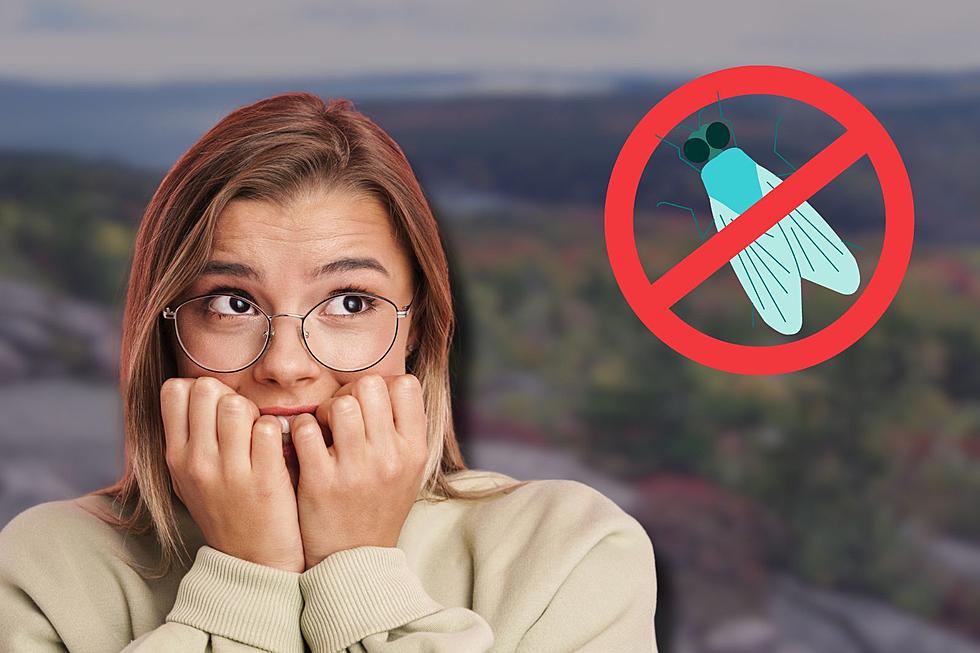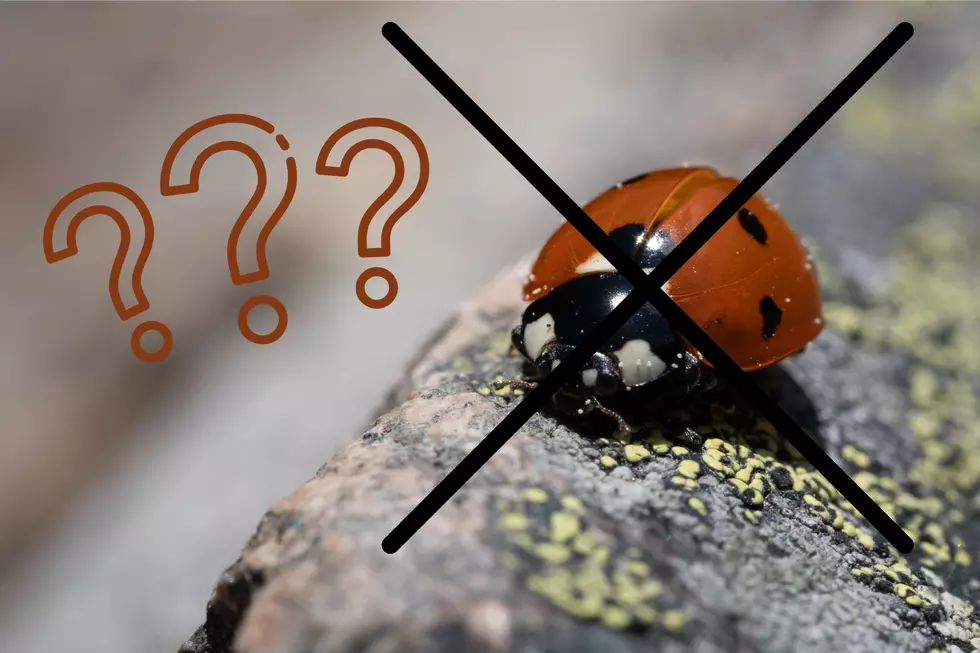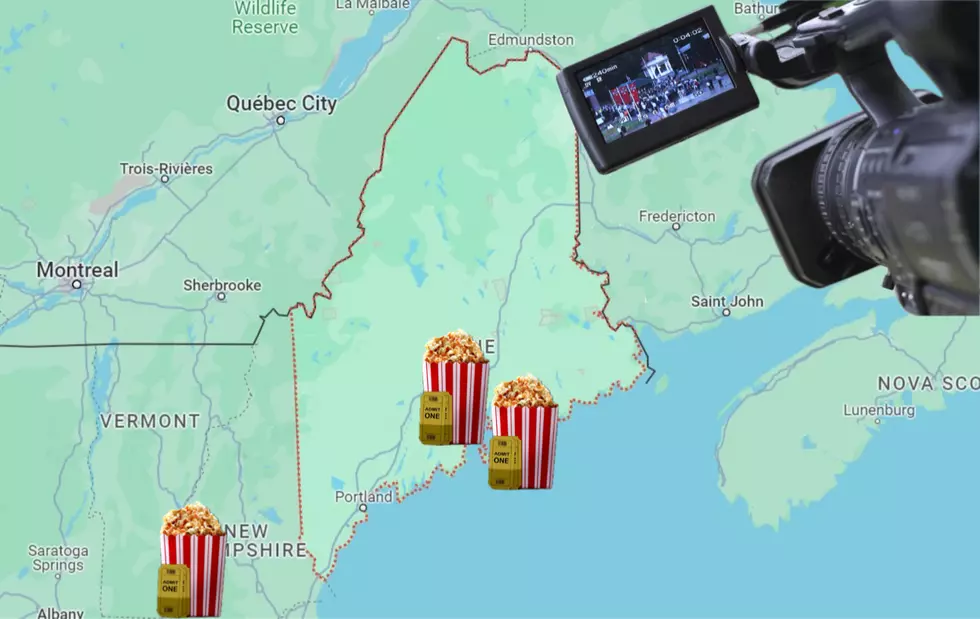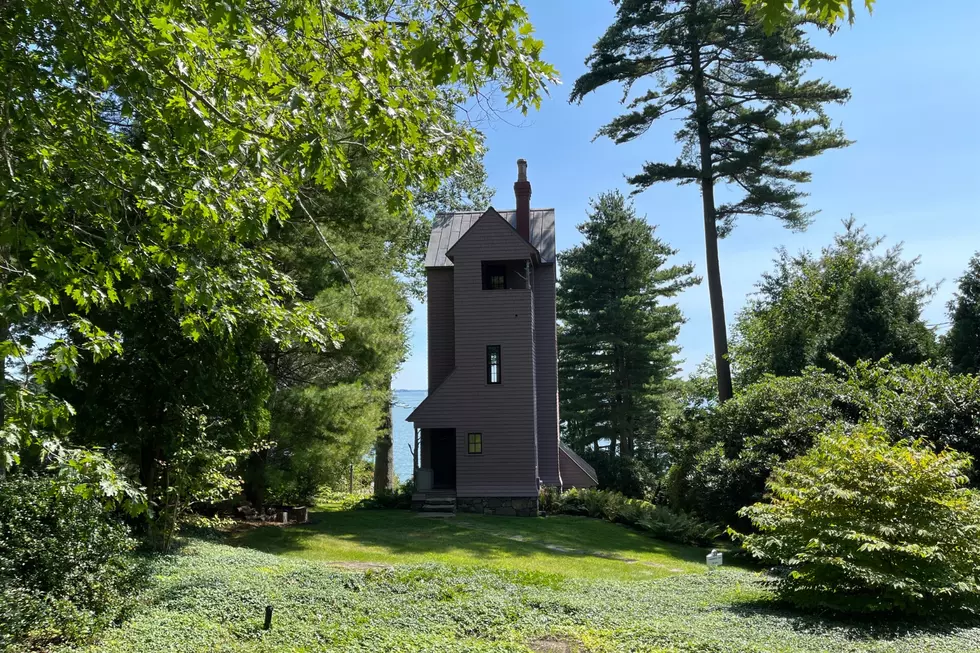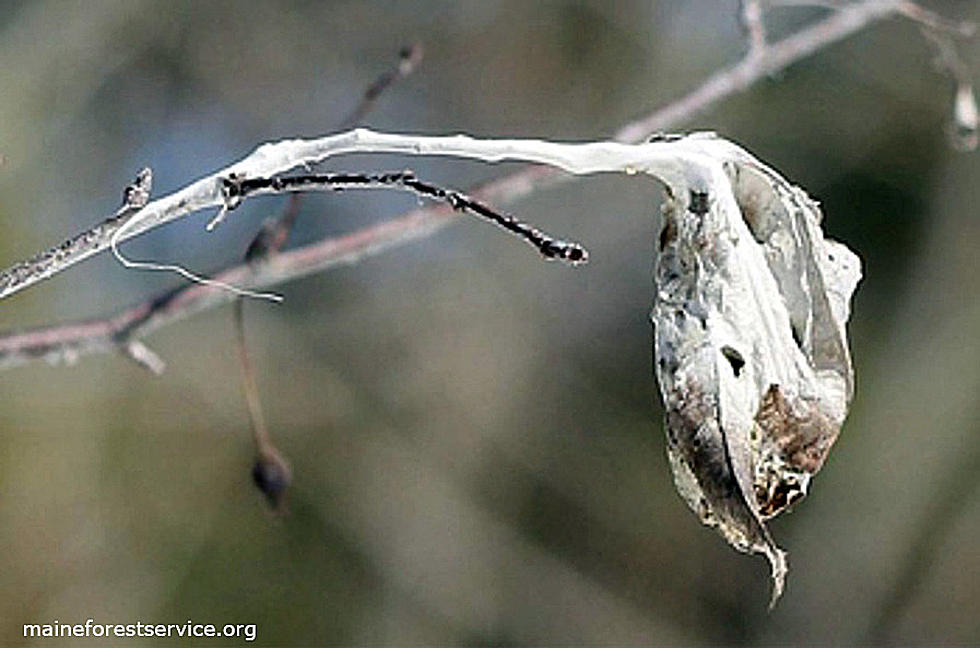
Maine State Agency Uses February To Remind Us About Pesky Pest
Along with Black History Month, American Heart Month, and National Cancer Prevention Month, February here in Maine marks another month, one dedicated to eliminating a small but very annoying threat to our happiness and surroundings.
February is "Browntail Moth Awareness Month" and top science folks in the state want you to help them knock out this problem.
Not only do these moths (mostly in caterpillar form) cause harmful rashes and respiratory issues in people, but they're also responsible for tree defoliation across the state.
If you check out the website Maine's Department of Agriculture, Conservation & Forestry has put together specifically in response to this newer nuisance, you'll find all sorts of great info and links that will aid you in the fight against these pesky pests.
They mention keeping in mind the four "Rs" to help reduce the risk of browntail moth outbreaks; Recognize, Remove, Recruit, and Reach Out.
Recognize: "Check the tips of tree branches for palm-sized (2-5 inches long) webs tied to the leaf stem with white silk. Browntail strongly prefer to make their webs in oak, apple, crabapple, cherry, birch, poplar, shadbush, and rose bushes."
Remove the Browntail Webs: "Use hand snips or an extendable pole pruner in areas within reach of the ground and away from hazards such as powerlines. Protect your eyes and skin during removal as toxic caterpillars may still be present. After removal, destroy webs.
They suggest either burning the webs/nests in a contained fire or soaking them in a bucket of sudsy water for several days, then throwing them out.
Recruit professional help: "Licensed arborists or FAA-certified drone operators can help remove webs during the winter. Licensed pesticide applicators may be able to use pesticides on trees with browntail during early spring to reduce browntail populations."
Reach Out: "If you find browntail in your neighborhood or community. The more neighbors, businesses, and others that work together to respond to browntail, the better the results."
They've even developed a handy dandy bumper sticker, displayed on the Maine DACF Facebook Page, that you can get if you "This "Bust BTM" sticker can be yours when you bump into the Maine Forest Service Forest Health team."
For a list of upcoming Health Team events, just click here.
If you're interested, there's a Browntail Moth Webinar you can watch, to learn more about them.
So remember this month to check those trees and bushes now for nests, and save yourself some sorrow come springtime!
20 of the Scariest Maine Animals to be Watching you from the Outside
25 Endangered Animals in Maine
Maine's Most Beautiful Insect is the Hummingbird Moth
Gallery Credit: Cindy Campbell
More From
